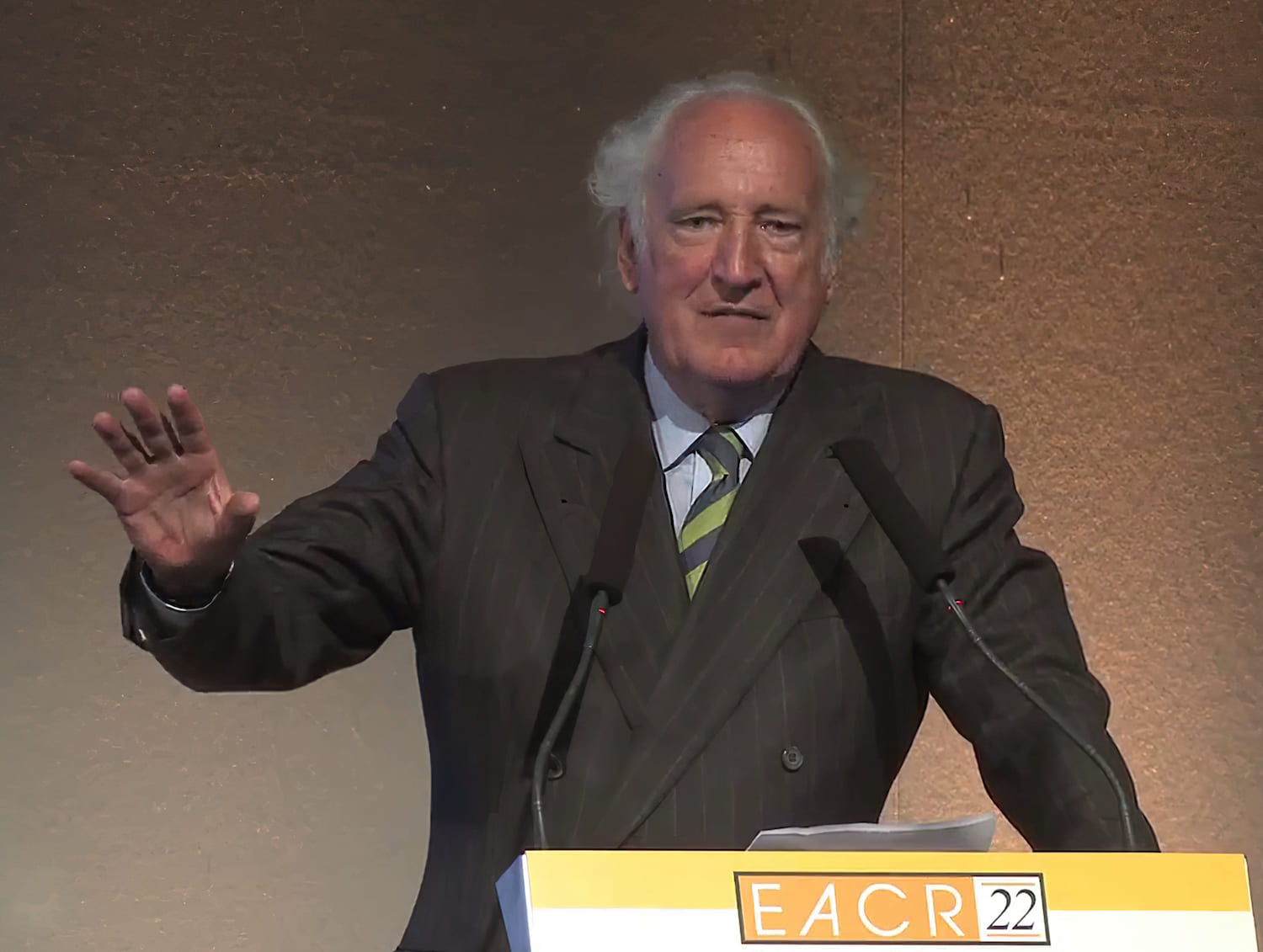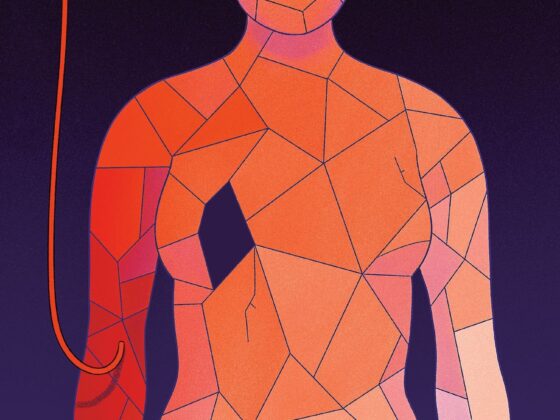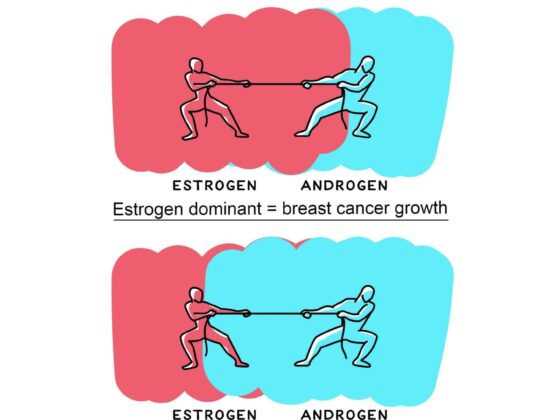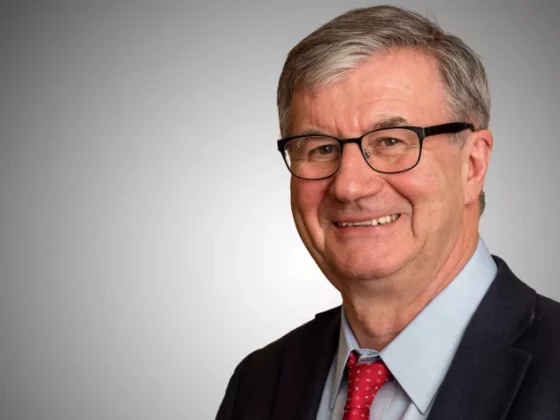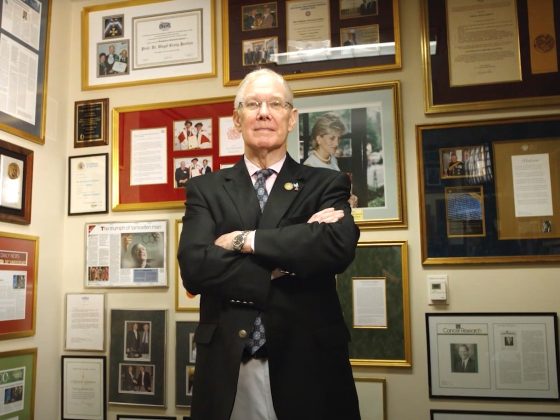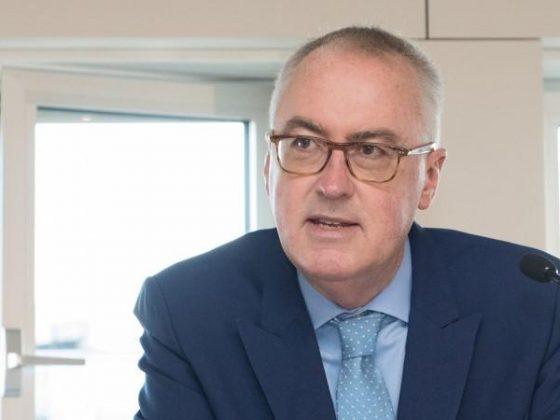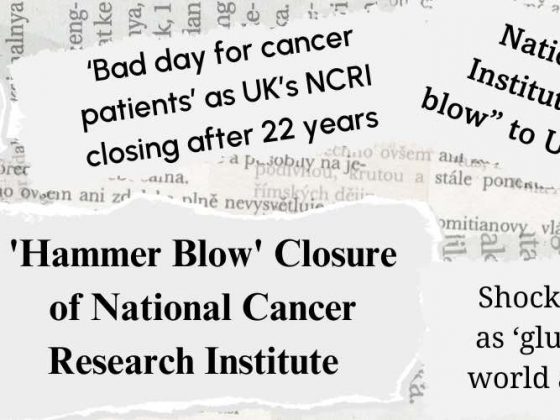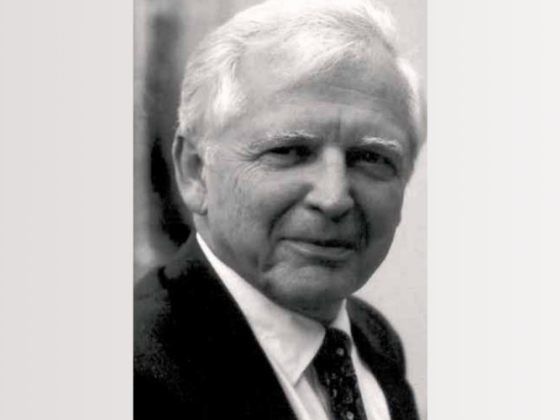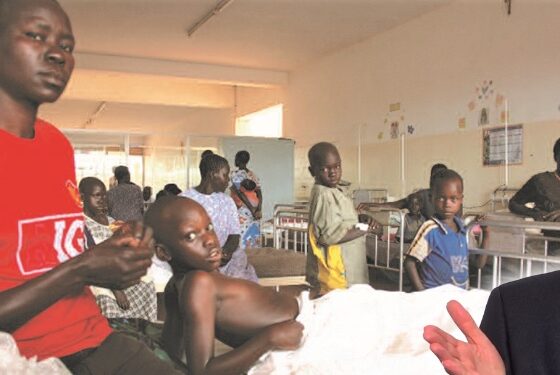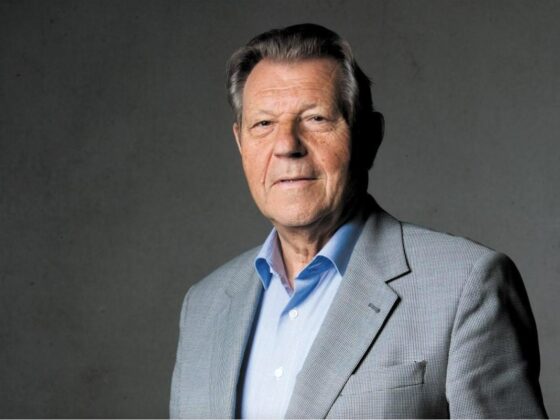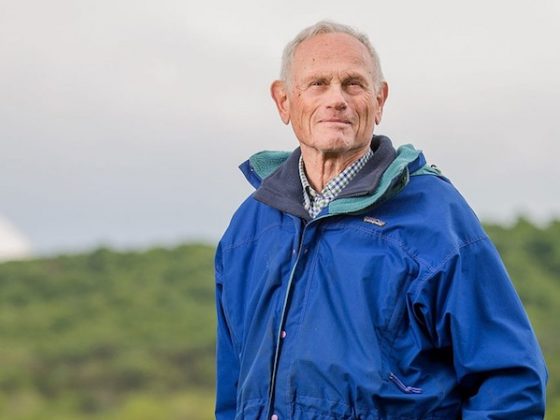Gordon McVie passed away on January 20th after a lifetime of pioneering contributions to the cause of defeating cancer: as clinician, researcher, manager, advocate and educator. He was a formidable presence on the UK and European stage, driven by a conviction that science can and will defeat cancer; quick to spot and embrace new opportunities; and with a talent for enthusing not just colleagues, but crucially the public and policy makers. His dedication to research, his incredible energy and his breadth of knowledge stemmed from his belief that clinicians and researchers should put cancer patients at the centre of everything they do.
Our readers may know him best for his work as an educator. He was an early adopter of digital technology, welcoming the opportunities offered by the internet to democratise access to the most up-to-date medical and scientific information. In 2007, together with Umberto Veronesi he co-founded ecancer, a web-based organistion that aims to raise the standards of care for cancer patients across the world through education freely accessible to all. McVie quickly became a familiar figure at all the big cancer conferences, grabbing presenters and opinion leaders to take their turn in front of the ecancertv camera to deliver their succinct take on important developments in their fields.
ecancermedicalscience, a cancer journal focused on under-resourced communities, is one of the few peer reviewed open access journals that does not exclude authors who cannot afford to pay a publication fee ‒ something McVie counted among his greatest achievements.
But it was his time leading the work of the UK’s great cancer research charities that may be McVie’s most lasting legacy. In 1989 McVie was appointed Scientific Director ‒ and seven years later Director General ‒ of the Cancer Research Campaign, one of the forerunners of Cancer Research UK. During his time there, more than 60 new drugs were taken from laboratory to clinical trial, including carboplatin, temozolomide, olaparib and abiraterone.
He brought with him the experience of nine years spent in his previous post as Clinical Research Director of the National Cancer Institute of the Netherlands, where he had established a drug development laboratory, and a phase I and II clinical research unit, making full use of emerging molecular biology techniques. Under his leadership, clinical trials run by the CRC network, which were located in academic hospitals across the UK, were all expected to include biological studies. McVie also initiated the policy of involving patients on clinical trials committees, in the face of a certain level of early resistance. He brought in external international specialists to audit the work of every unit on a regular basis, which not only benefited the quality of the work, but also developed highly productive relationships with oncology leaders in the US and across the globe.
It was his role as an advocate for cancer, however, that made him a familiar face in the British media, enthusing over the prospects for defeating cancer, berating politicians for failing to do more… and when the opportunity arose, helping push through policies that transformed the organisation of cancer care and clinical research, and turbo charged participation rates in cancer clinical trials.
That opportunity came with the election of the Blair government, in 1997. Responding to very public charges that Britain was falling behind and needed to seriously upgrade its cancer capacity, Blair decided to make cancer a flagship policy area. Together with Peter Selby and others, McVie argued the case that the quality of patient care is better in centres that were involved in clinical research. Linking research to outcomes that mattered to the electorate helped persuade the government to invest in modern facilities and equipment badly needed by the network of CRC funded clinical trials units. A major upgrade of the country’s clinical research capabilities saw the creation of the National Cancer Research Network and the National Cancer Research Institute (originally NTRAC).
The changes ensured the UK retains its place at the cutting edge of the global cancer research effort, and resulted in clinical trial participation quadrupling over the following decade, to reach one in every six cancer patients. But it also saw the end of the CRC, which in 2002 completed a merger with the Imperial Cancer Research Fund to become today’s Cancer Research UK. The merger brought together two of the world’s largest charities – CRCs income had doubled under McVie’s leadership to more than £100 m ‒ ending an unhelpful competition and and outdated separation between the basic and clinical aspects of cancer research. He left the organisation shortly after.
During his time at the CRC McVie continued to be very active on the international scene. He was president of the European Organisation for Research and Treatment of Cancer between 1994 and 1997. Over the course of his career he served on several committees, including the American Association for Cancer Research and the American Society of Clinical Oncology, and the boards of the National Cancer Institutes of France, Italy and the Netherlands.
In 2004 McVie joined the European Institute of Oncology, in Milan, as Senior Consultant in Clinical Research. He set up a clinical research unit to test new molecules and devices, and developed relations between the institute ‒ a relatively newcomer on the scene ‒ and other leading cancer centres throughout the world.
From 2007 onwards much of his time was taken with his work at ecancer, but he continued to be active in research and drug development as a visiting professor at King’s College London.
Gordon McVie’s infectious optimism about the prognosis for beating cancer could occasionally land him in the line of fire, such as with an editorial in The Lancet (2000) “Overoptimism about cancer”, which took issue with a recent statement by McVie that cancer would be beaten in the lifetime of his sons.
McVie never stopped striving to make that a reality, writing in his LinkedIn profile:
“Forty years in cancer clinical research and people still dying in their thousands. I’d like a better epitaph than that so I’m still following my curiosity genotype, arranging marriages between lab and clinical scientists, and communicating globally online as founding editor of ecancer.org.”
Whether his prediction regarding the death of cancer comes true or not, only time will tell. His contribution to developing the organisations and the people involved in the cancer research effort has certainly increased the chances that it might.
The world loses a charismatic figure in oncology and a great medical personality and a kind and generous man.
A profile of Gordon McVie was published in 2002, in a Cover Story for issue 1 of Cancer Futures, the forerunner to Cancer World.


